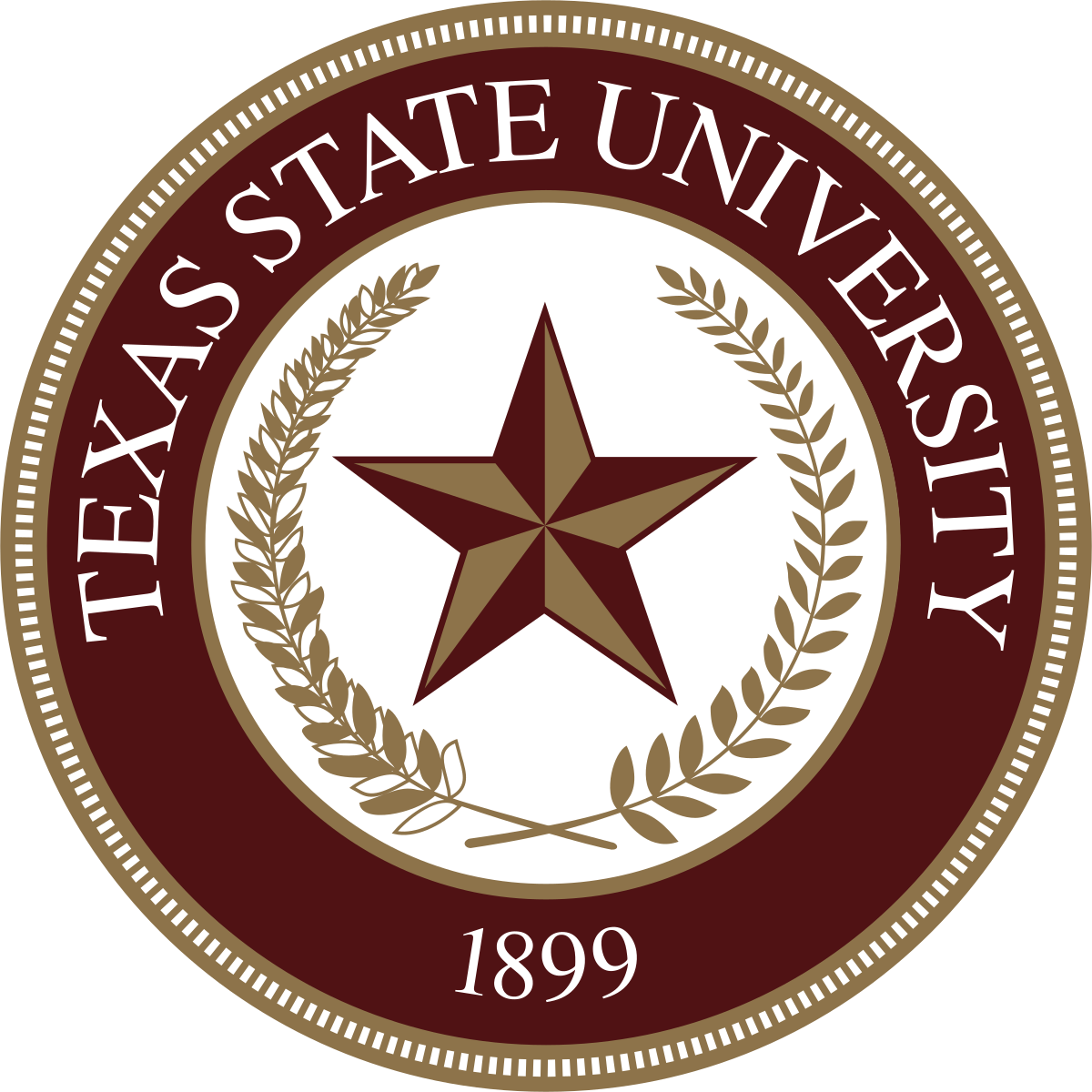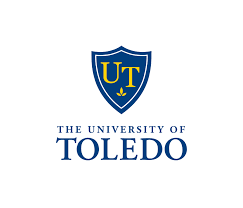
Overview
Applied Sociology
Students learn to think critically about social groups, society, and institutions, and how to conduct quantitative and qualitative research.
Sociology offers a wide range of career possibilities since concerns over issues like the environment, urban development, health, aging, and a competitive global economy have increased the demand for social scientists and trained evaluators. The Department of Sociology provides curriculum and training to prepare students to meet this need.
Course Work
Students will master the techniques of qualitative and quantitative research, general statistical analysis, and impact analysis in 36 hours of graduate study. They learn the major theoretical perspectives of sociology and implement practical applications in one of two tracks. In the practicum track, students complete a site-based research practicum, offering real-world experience in a practical setting. The non-practicum track provides students greater flexibility and the ability to gain additional knowledge through further coursework and comprehensive exams.
Program Details
Graduates work as advocates, research analysts, research specialists, program evaluators, administrators, policy analysts, and statisticians at nonprofit and government agencies.
Program Mission
The mission of the applied sociology program is to provide students with an advanced understanding of sociological theory, methods, and principles that can be applied in public and private settings and nonprofit organizations. The Department of Sociology prepares graduates to become informed citizens, scholars, researchers and leaders in their communities at the local, state and national levels. The department provides an environment conductive to intellectual exchange characterized by innovative and outstanding:
- teaching and curricula
- service to students and community
- scholarship and research
- sociological practice
- commitment to multiculturalism and diversity
Career Options
Sociologists embark on various career paths growing in number and significance within the fields of research, advocacy, and teaching. Graduates will find positions in corporations, human resources, academia, state agencies, and nonprofit organizations such as:
- research consultants
- program evaluators
- administrators
- policy analysts
- grant writers
- data analysts
- statisticians
- HR representatives
- diversity specialists
- management analysts
Program Faculty
Faculty are well-trained methodologically and theoretically and conduct both applied and basic research. Main areas of specialization include inequality and multicultural relations (race, class, gender, sexuality), health and illness, aging and gerontology and sustainability/environment. The sociology faculty contribute actively to the field by publishing research relevant to current issues in books and scholarly journals, often receiving national and international recognition from academic circles as well as the popular press.
Similar Programmes
Earliest Intake
October 2024
Deadline
November 2024
Gross Tuition
25327 $
Application Fee
75 $
Earliest Intake
February 2025
Deadline
March 2025
Gross Tuition
24520 $
Application Fee
90 $
Earliest Intake
-
Deadline
October 2024
Gross Tuition
22080 $
Application Fee
40 $

24520 $ / years
Bachelors / 18 months
Earliest Intake
February 2025
Deadline
March 2025
Gross Tuition
24520 $
Application Fee
90 $
Earliest Intake
October 2024
Deadline
November 2024
Gross Tuition
42294 $




